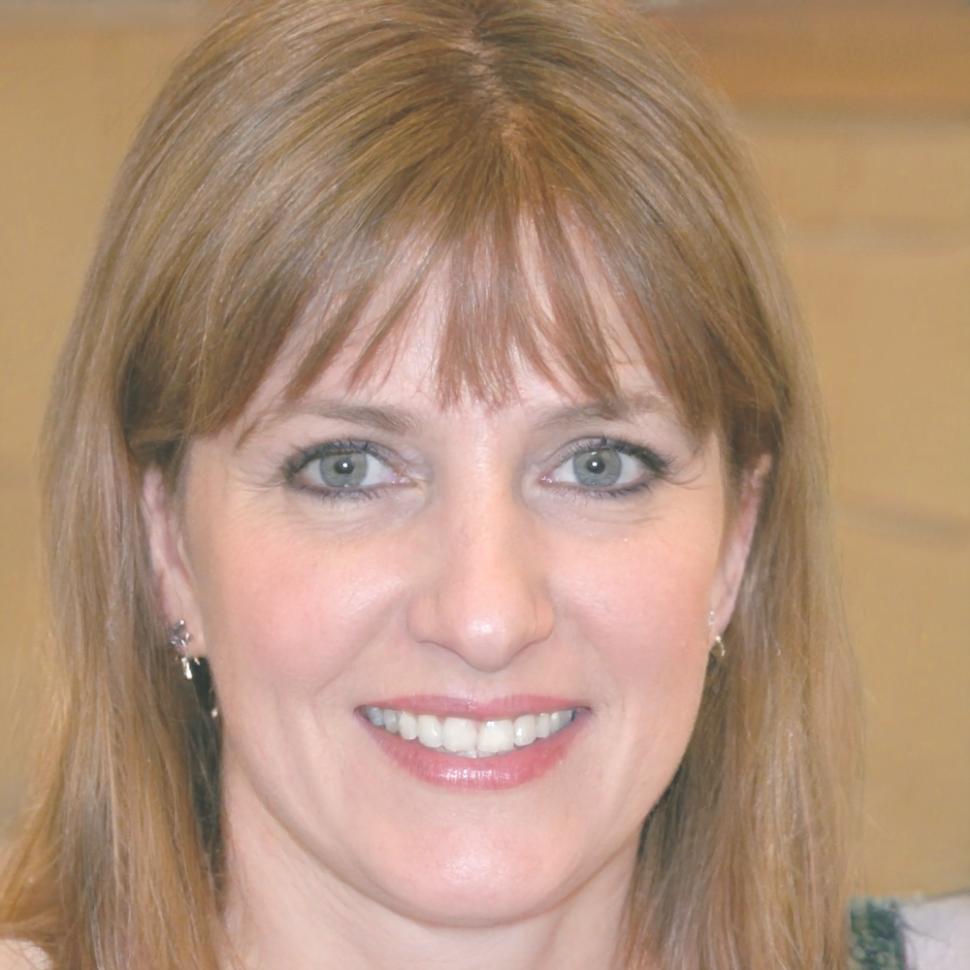Master Financial Scenarios Before They Master You
Stop guessing about financial outcomes. Our scenario modeling platform gives you the clarity to navigate complex decisions with confidence, whether you're planning retirement strategies or evaluating investment opportunities.
Explore Learning Programs
Three Paths to Financial Modeling Mastery
Each approach offers unique advantages. Find the learning style that matches your goals and schedule.
Self-Paced Explorer
Access comprehensive modeling frameworks at your own speed. Perfect for busy professionals who prefer learning during off-hours. Includes real case studies from Canadian markets and interactive simulations you can practice with immediately.
Cohort Collaborator
Join quarterly cohorts starting in September 2025. Work alongside peers on group projects modeling everything from pension fund scenarios to corporate restructuring. Weekly virtual sessions with live feedback from industry practitioners.
Mentored Specialist
One-on-one guidance tailored to your specific industry challenges. Whether you're in banking, insurance, or consulting, your mentor brings direct experience from your field. Intensive 6-month programs beginning in fall 2025.
Your Journey Through Financial Complexity
Foundation Building
Start with core concepts that actually matter in real-world scenarios. We skip the theoretical fluff and focus on frameworks you'll use immediately. You'll model your first complete scenario within two weeks – something many programs take months to reach.
Complex Scenario Mastery
Tackle multi-variable scenarios that mirror real workplace challenges. You'll work with incomplete data, changing assumptions, and tight deadlines – exactly what you'll face in your career. Past participants often tell us this phase transforms how they approach problems at work.
Advanced Application
Design and present your own modeling framework based on a challenge from your current role. This capstone project becomes portfolio material that demonstrates your skills to colleagues and future employers. Many participants have used this work to advance their careers.
Questions We Hear Most Often
Learn from Real Practitioners
Our instructors aren't just academics – they're professionals who use these skills daily in their own challenging roles.

Priscilla Chen
Senior Risk Analyst, TD Bank
Priscilla spent eight years building stress-test models for major Canadian banks before joining our instructor team. She knows firsthand which modeling approaches actually work under pressure and which ones fall apart when assumptions change. Her favorite teaching moment? Watching students realize they can solve problems they thought were too complex just a few weeks earlier.
Get In Touch